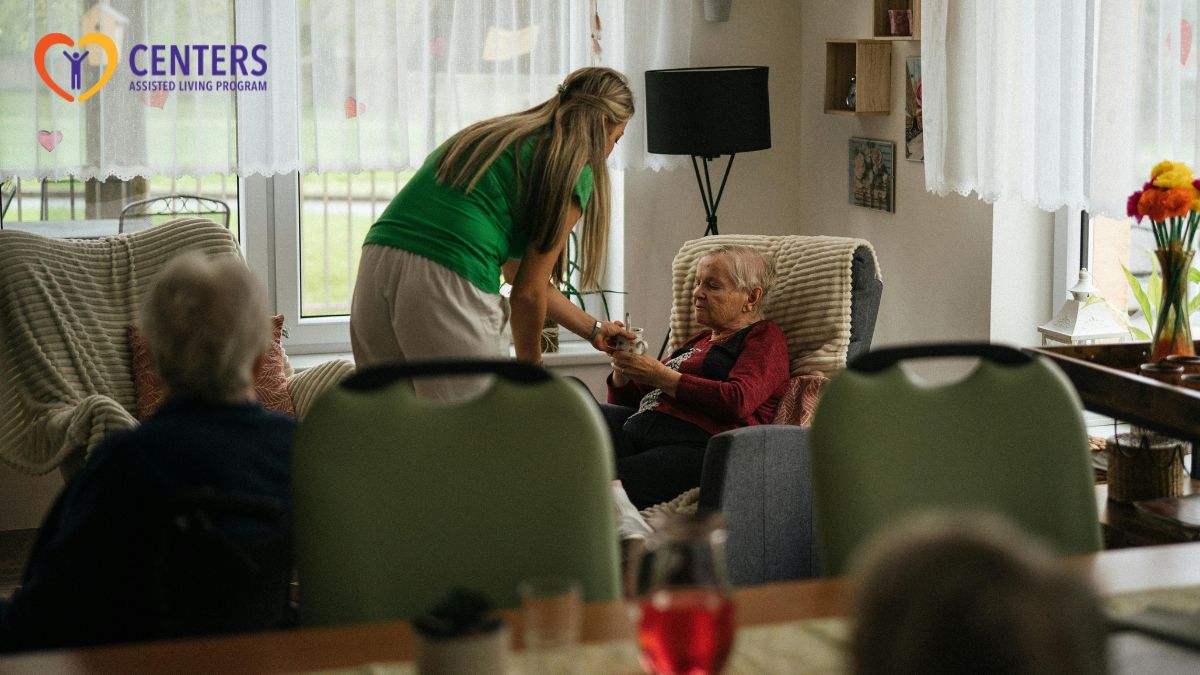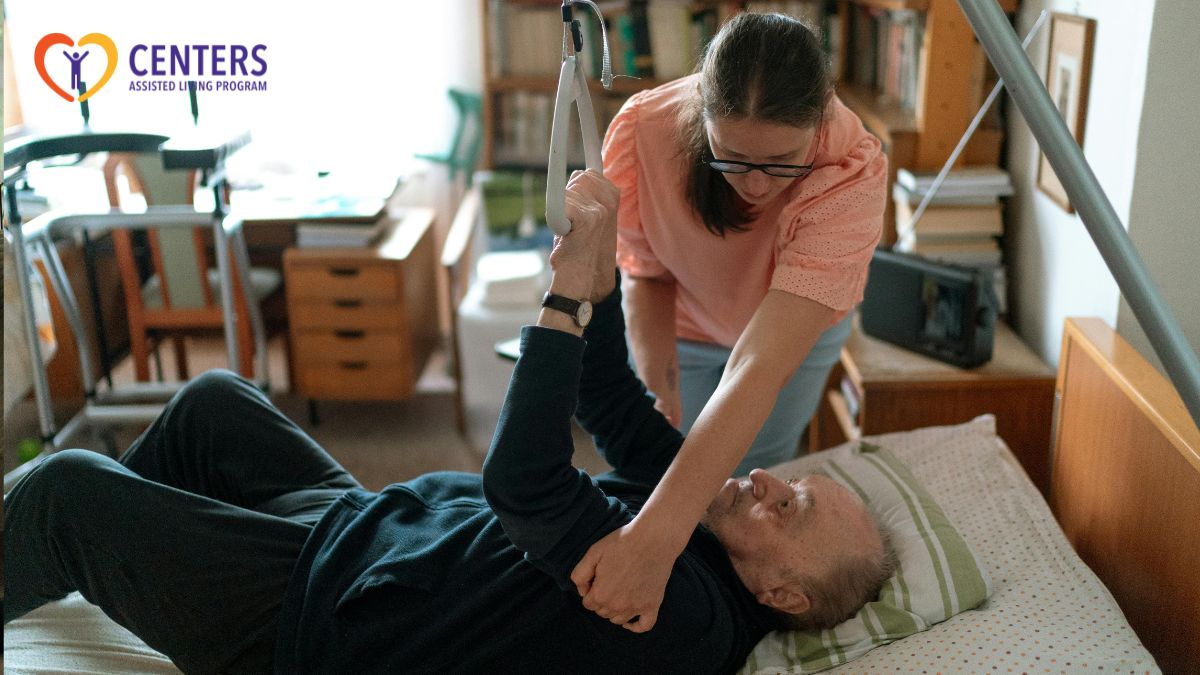Key Points:
- 24/7 professional support in New York strengthens senior health by preventing emergencies, supporting independence, and reducing family stress.
- Continuous care addresses fall prevention, medication safety, chronic illness management, and emotional well-being.
- Seniors benefit from in-home or assisted living options that balance safety, comfort, and dignity.
What happens when an aging parent starts forgetting medications or faces the risk of falling with no one around to help? For many families, these worries create constant stress and uncertainty. Seniors who live alone often face health risks that could be prevented with the right support.
Professional 24/7 home care provides reassurance by ensuring someone is always present to respond, assist, and engage. Up ahead, you’ll see how continuous care strengthens safety, preserves independence, and reduces the weight families carry in managing senior health.
 Understanding the Importance of Elderly Care in New York
Understanding the Importance of Elderly Care in New York
Senior health is more complex than managing physical conditions. Many older adults in New York live with chronic illnesses, mobility issues, or cognitive decline. Families often look into 24/7 home care or assisted living in New York when daily tasks become overwhelming or unsafe.
A 2023 report showed that around 27% of New Yorkers over age 60 live alone, which increases the need for reliable round-the-clock home care. Without constant supervision, small health concerns may escalate into emergencies.
How 24-Hour Care for Seniors Improves Safety
Safety is a major concern for aging adults, especially those living with dementia, balance issues, or limited mobility. Immediate response during an emergency often makes the difference in recovery.
Ways 24-hour care for the elderly improves safety include:
- Fall prevention: Monitoring movement, installing safety measures, and guiding transfers.
- Emergency readiness: Quick access to medical care during sudden illness or injury.
- Medication safety: Ensuring correct dosages and preventing harmful interactions through medication management.
A clinical trial found that older adults who received a tailored fall-prevention program with professional follow-up experienced about a 30% reduction in fall rates compared to usual care.
Supporting Daily Living and Independence
Many seniors value independence, yet daily tasks become harder with age. Round-the-clock home care services balance autonomy with necessary support. Caregivers step in when needed while allowing seniors to continue routines that matter to them.
Tasks covered through 24 hour nurse care or 24/7 home care often include:
- Assistance with bathing, dressing, and grooming
- Meal preparation and safe eating routines
- Transportation to medical appointments or social activities
- Household upkeep and errands such as housekeeping and laundry and scheduled transportation
This type of support does more than meet physical needs. Seniors feel reassured knowing someone is present for both medical help and companionship. Families also gain peace of mind, which strengthens overall well-being.
Promoting Mental and Emotional Health
Isolation impacts health as much as physical illness. Seniors who lack social contact face higher risks of depression, anxiety, and even cognitive decline. Assisted living for seniors or continuous in-home support provides consistent engagement that keeps older adults emotionally healthy.
Professional caregivers offer 24 hour companion care, engaging seniors in meaningful conversation, hobbies, and community programs. Communities that emphasize daily social activities and accessible community events for seniors help build bonds and steady mood.
Research showed that 26% of socially isolated older adults developed dementia during the study period, compared to 20% among those who were not socially isolated. This highlights the role of caregivers in supporting both emotional connection and mental resilience.
The Value of 24/7 Professional Support for Chronic Conditions
Chronic illnesses like diabetes, heart disease, or Alzheimer’s require careful monitoring. Continuous support ensures that seniors receive proper care, reducing complications.
In New York, where access to healthcare facilities is broad but often busy, seniors benefit from round-the-clock professional caregivers who handle:
- Blood pressure checks and glucose monitoring
- Reminders for exercise routines and therapies
- Symptom tracking for early intervention
For families, knowing that professional 24 hour care for seniors can detect and address changes promptly reduces worry and strengthens long-term health outcomes. Nutrition also plays a role; on-site dining programs align with senior nutrition guidance to support energy and recovery.
The Care Transitions Intervention showed that structured support after hospital discharge led to a 20%–40% reduction in readmission rates, with benefits lasting up to six months. This reinforces how ongoing monitoring and assistance can prevent avoidable hospital visits and keep older adults healthier at home or in assisted living communities.
Choosing Between Assisted Living and Live-In Care Services
Families often struggle between keeping seniors at home with 24/7 caregivers or choosing an assisted living NYC community. Each option offers benefits depending on the senior’s health, lifestyle, and family preferences.
24/7 home care offers:
- Comfort of staying in a familiar environment
- One-on-one attention tailored to personal needs
- Flexibility in daily routines and schedules
Assisted living for seniors offers:
- Built-in social engagement through group activities
- Access to on-site medical and wellness services
- Structured safety features and constant supervision.
Both models promote health and dignity. Families should weigh costs, location, and the level of medical care required when deciding.
 Tips for Families Considering 24/7 Support
Tips for Families Considering 24/7 Support
Transitioning to round-the-clock home care or assisted living is often emotional. Families want to ensure their loved ones feel respected and cared for.
Helpful steps when considering care options include:
- Assess medical needs: Talk to doctors about required support levels.
- Evaluate safety risks: Identify whether the current living space can handle mobility challenges.
- Explore engagement opportunities: Look for programs that encourage social interaction.
- Involve the senior: Respect preferences and include them in care decisions.
- Review budget and benefits: Compare insurance, private pay, and long-term care coverage.
Being proactive reduces stress later and ensures seniors get the support they need without delays.
Frequently Asked Questions
What to do when someone needs 24 hour care?
When someone needs 24-hour care, begin with a clinical and functional assessment by a clinician or care manager. Options include home-based 24/7 support or facility care such as nursing homes. Planning should address safety, medications, and caregiver respite, while financing involves Medicare, Medicaid, insurance, or private pay.
What type of care is continuous for 24 hours?
Continuous 24-hour care includes in-home care with rotating caregivers, skilled nursing facilities with licensed nursing 24/7 and an RN at least 8 hours daily, and hospice “continuous home care,” defined by Medicare as 8+ hours of predominantly nursing services delivered in a 24-hour period.
Why do people need 24 hour care?
People need 24-hour care for safety and medical support. Dementia-related wandering, severe fall risk, advanced illness, and heavy assistance with daily activities all require constant supervision. Complex medication regimens, caregiver exhaustion, and hospice symptom crises also make continuous 24-hour care essential for stability and safety.
Strengthen Senior Health with 24/7 Support in New York
Reliable 24/7 professional support is one of the strongest ways to promote senior safety, health, and happiness. From 24 hour companion care at home to structured assisted living in New York, continuous care helps prevent emergencies, supports independence, and creates meaningful social connections.
At Centers Assisted Living, we provide more than just supervision. Our community offers opportunities for engagement, consistent support, and a setting designed to help seniors live with dignity and comfort. Contact us today to learn how our approach can improve daily life and long-term health for your loved one.


